Metal Detecting for Beginners
For centuries, people all over the world have been fascinated with the idea of digging for hidden treasure. Metal detecting is a legitimate hobby that comes with many rewards. Metal detectorists combine the past with the future by using high-tech equipment to dig up decades-old artifacts.
Why Is Metal Detecting So Popular?
The chances of finding a life-changing cache of buried treasure are very, very slim. So why invest time and money in a hobby that will only result in metal trash?
For metal detecting enthusiasts, the thrill is in the search and in connecting with history. Everything you excavate was placed there by someone that lived decades or even centuries before you. There is so much potential in searching relatively unexplored locations—you don’t know what you will find until you try. And once you start building a collection of coins or other artifacts, there is pride in finding something to add to it every time you go out.
Metal detecting also allows you to spend long hours outside, doing something that likely has nothing to do with your day-to-day work. It can also be an activity you can do as a group, a passion you can share with close friends or family.
Metal Detecting for Beginners
Metal detecting requires a lot of practice and even more patience. The best way to get better at finding treasure is to learn from those more experienced than you and to go out there and apply that knowledge. Here are five crucial metal detecting tips for beginners:
Expect Junk
As a metal detectorist, you will encounter a lot of junk. That’s just a fact, and it’s best to keep that in mind, especially in the beginning. As you practice and unearth your hundredth bottle cap and penny, you will learn to recognize features on a metal detector that will help you differentiate between common targets and more substantial treasures. Your patience will eventually bear fruit.
Just Keep Digging
As you’re practicing and learning, it can be impossible to know if you’re getting a signal for trash or something more substantial. Dig everything and familiarize yourself with the response signals of different items. Sometimes junk can mask a good target. You don’t want to miss something valuable because of your frustration or impatience.
Good targets are usually found in pairs, sets, or groups. For example, if you find one coin, there’s likely more. Keep digging in the same spot and use your pinpointer to check if there’s anything deeper.
Bring Extras
Before going out on a hunting trip, make sure to pack extras. An extra set of fresh batteries and even additional equipment will save you the hassle of having to buy more or cutting your trip short.
Take Your Tool Box Everywhere
You need a lot of metal detecting tools, and it’s best to store all of them in one big, sturdy box. Even if you’re only searching a small area, it’s still worth taking all of your gear. You never know what you might find and what you may need to dig it up. It’s better to be safe than sorry.
Rain Is Your Friend
The best time to go hunting is when the ground is freshly wet. Wet ground provides better conductivity, so target and depth detection are significantly improved. It’s also much easier to dig than hard, dry dirt. Bring that waterproof gear and find that treasure!
Buying Your First Metal Detector: What You Need to Know
If it’s your first time buying a metal detector, it’s wise to face the situation armed with the knowledge of what to look for. Here are some tips to help you in your search:
Finding the “Best” Metal Detector
The first instinct a person may have is to look for the best metal detector. However, just like any other tool or piece of equipment, what may be considered the most effective brand or type of detector by one person may not be the same for another prospector. This is why it is paramount for you to consider your needs before starting your search.
Expensive Doesn’t Always Mean Better Quality
There is always the notion that the most expensive piece of equipment will be the one with the highest quality, and that’s how a good detector should be chosen. However, this is not always the case. You may be able to find a good metal detector in the mid or low price range. If the tool’s specifications match your needs, there is no need to break the bank by purchasing the one with the biggest price tag.
Take into Account Where You Will Be Using It
To determine which type of metal detector will work best for you, think about where you will be using it. Where do you plan to look for your treasure? There are some types of metal detectors that may work more effectively than others depending on the terrain you will be using them on.
What Do You Hope to Find?
Just like with the location you will be using it in, there may be some detectors that will work better depending on the type of metal that you want to find.
Asking a specialist for advice as to which metal detector will work best to meet your needs is a good way to figure out what equipment is suitable for you.
Using Your Metal Detector
Once you will be able to find the right metal detector to fit your needs, consider learning prospecting etiquette. The proper way to use your metal detector will extend beyond reading what is in the user’s manual. There will be certain laws connected to using metal detectors and prospecting as a whole. It will be your responsibility to be aware of these laws and codes of ethics. Joining some local hobbyists and making friends are often some of the best ways to familiarize yourself with the unspoken rules!
After reading this, you should have a general idea of what to look for in a metal detector. You should be ready to find the one that will work best for your individual needs. Finding a shop that has a wide variety of goods to offer will definitely help you find a high-quality metal detector.
If you are sure about how you want to use your metal detector, you will be halfway to finding the right one for you! Come to Prospectors’ Patch and get a high-quality metal detector today!
Metal detecting is a fantastic hobby that’s fun, healthy, and productive. You can easily pass hours looking for objects and finding treasures big and small. Follow these tips to help you improve, and you’ll discover some of your techniques to increase your success rate.

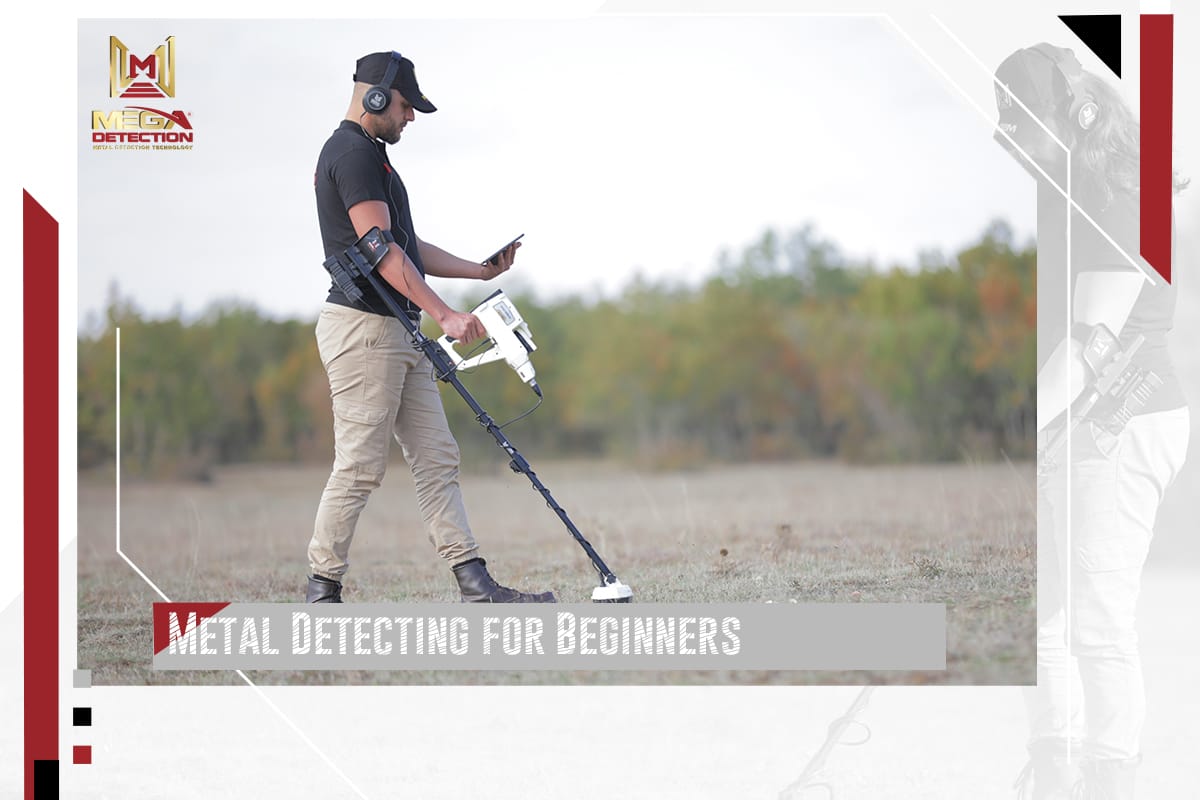



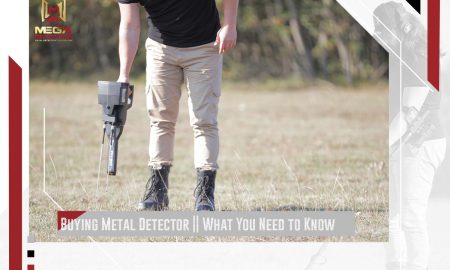
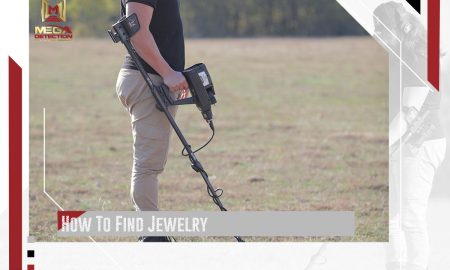


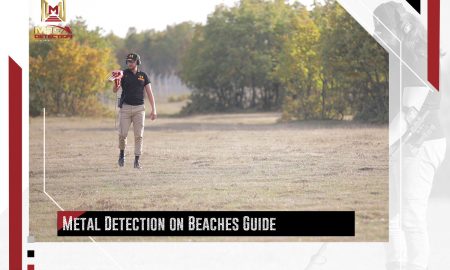
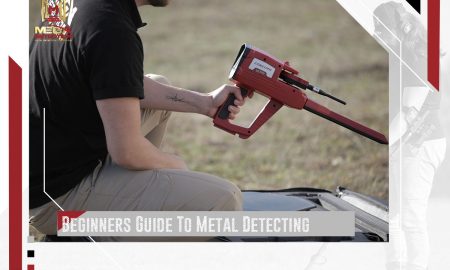
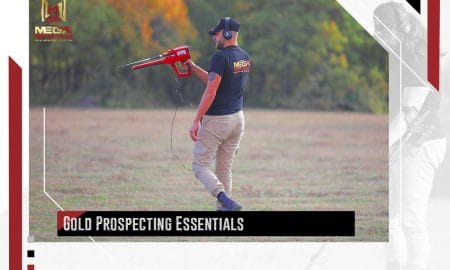
Leave a Reply